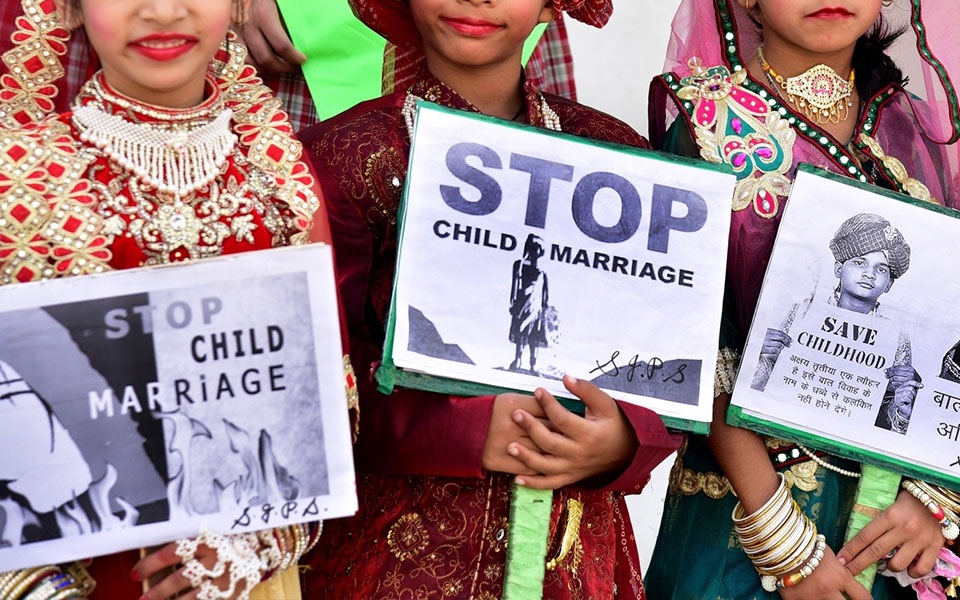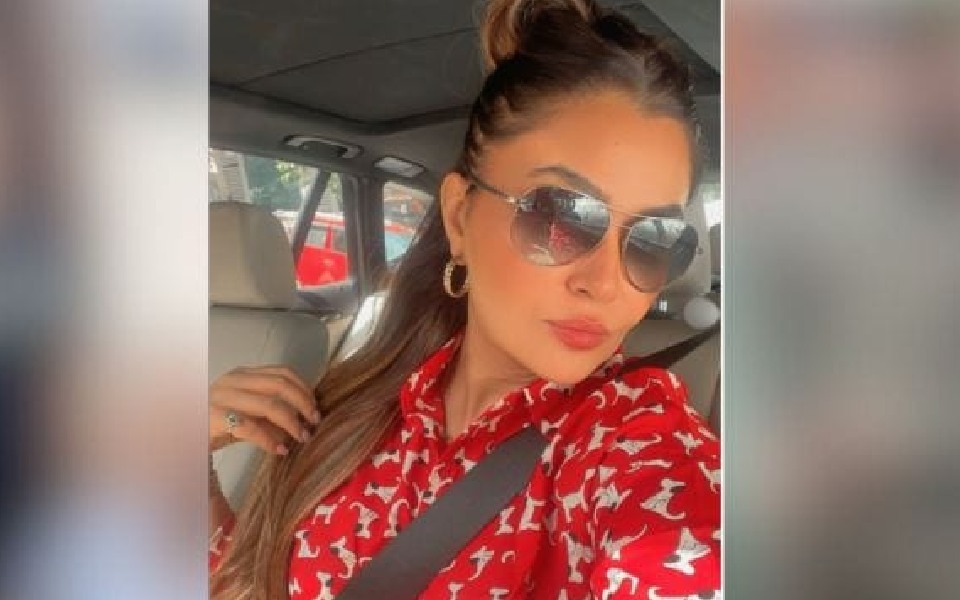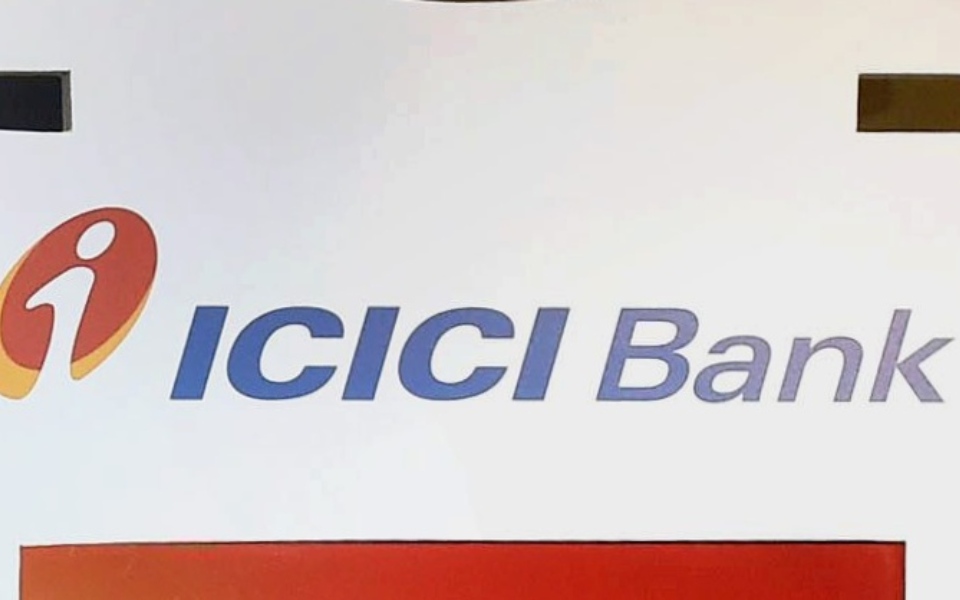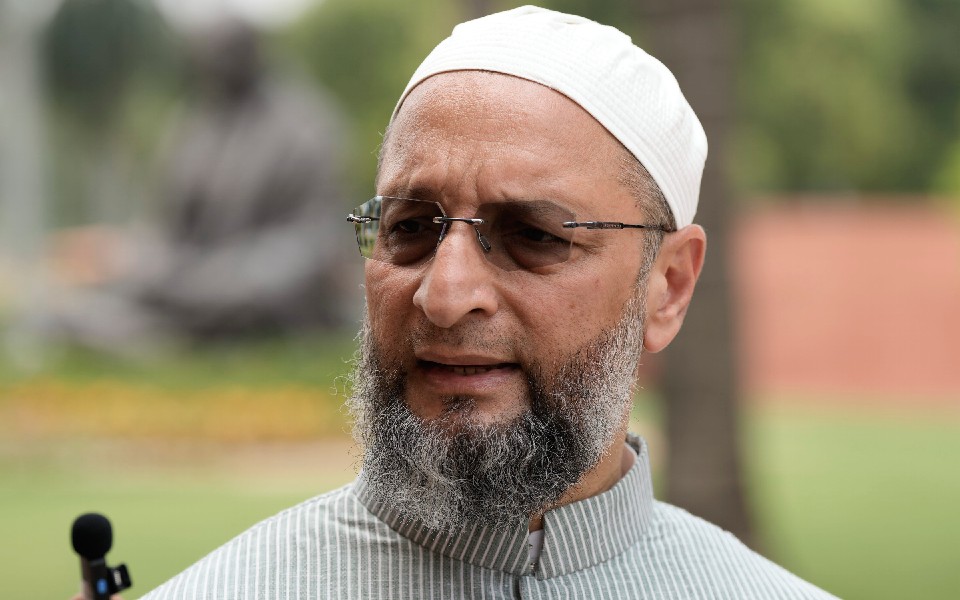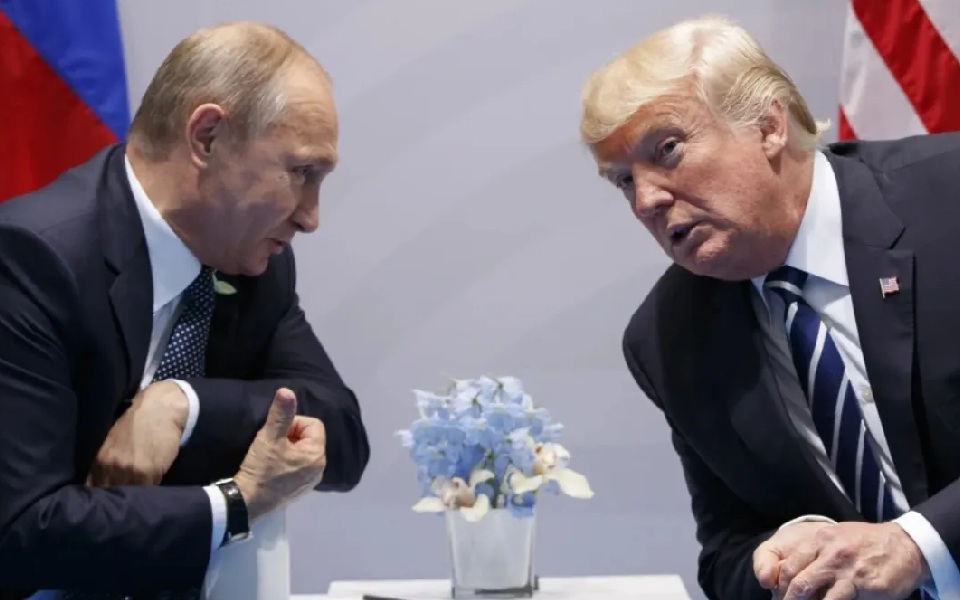New Delhi, Sep 13 : The prevalence of child marriage in India is the highest amongst Scheduled Tribe girls (15 per cent) followed by Scheduled Castes (13 per cent), according to a report released by the National Commission for Protection of Child Rights (NCPCR).
The report which was released on the NCPCR website on Wednesday, is based on a comparative analysis of data on child marriage in the 15-19 age group from the third and fourth rounds of the National Family Health Survey (NHFS) conducted in 2005-2006 and 2015-16. The report has been prepared by Young Lives India, a research centre, in collaboration with the NCPCR.
According to the report, this phenomenon is evident among the top 10 states with the highest prevalence of child marriage.
West Bengal has the highest rate of child marriage amongst SC girls, while in Arunachal Pradesh it is highest among Scheduled Tribes. In other castes, Maharashtra has the highest percentage of girl child marriage.
Furthermore, Bihar, Gujarat and Telangana report very high prevalence of child marriages amongst OBC girls below the age of 18.
However, according to the report, a comparative analysis of child marriage for 15-19 year old girls as reported in NFHS-3 (2005-06) and NFHS-4 (2015-16) reveals that the overall prevalence of child marriage has reduced to a large extent in the last 10 years in a large number of states.
Substantial reduction of child marriage (more than 20 percentage points) is observed in the states of Bihar, Jharkhand, Rajasthan and Uttar Pradesh in the age group of 15-19.
The findings also reveal that prevalence of girl child marriage in the age-group 15-19 years is significant in rural areas as well as certain states and UTs which have large pockets of child marriage within urban areas such as Haryana, Tamil Nadu, Maharashtra and Manipur.
According to the release, some factors like economic status and women's educational level are associated with child marriage. It is observed that child marriage is more prevalent amongst women from bottom wealth tercile households.
In 13 states and one UT, more than 40 per cent of the child marriages took place amongst the bottom wealth tercile households.
The findings also show that completion rate of secondary schooling is considerably higher amongst unmarried girls aged 15-19 years in almost all states.
Let the Truth be known. If you read VB and like VB, please be a VB Supporter and Help us deliver the Truth to one and all.
New Delhi, Aug 13 (PTI): The Enforcement Directorate said on Wednesday it has arrested a woman, who claims to be an actor and a cosmetologist, under the anti-money laundering law in a case of alleged fraud and misrepresentation.
The agency said the purported links of the woman, Sandeepa Virk, with a Reliance Group executive, Angarai Natarajan Sethuraman (President, Corporate Affairs), are also under its scanner. Sethuraman, in a statement, denied any connection with Virk or any transactions related to her.
Virk was taken into custody under the Prevention of Money Laundering Act (PMLA) on Tuesday after searches were conducted against her and her associates in Delhi and Mumbai over the last two days.
A special court sent her to the ED's custody till August 14, the agency said. The woman claims to be the owner of a skin care products selling website named hyboocare.com, which the ED claimed was a "front" for money laundering.
She and her associates are being probed for allegedly exerting undue influence through "misrepresentation" and "defrauding" individuals by soliciting money under false pretences.
According to an Instagram ID of Virk, she is an actor and entrepreneur and the founder of the said website.
The federal agency said in a statement that the woman was also "in touch with" Sethuraman, former director of erstwhile Reliance Capital Limited.
She was communicating with him regarding "illegal liaisoning", the ED claimed, adding that the searches at Sethuraman's residence "confirmed" these allegations.
"Besides, diversion of funds for personal benefit has also been unearthed during the course of the search action," it said.
The ED alleged that public money worth about Rs 18 crore belonging to Reliance Commercial Finance Limited (RCFL) was disbursed to Sethuraman in 2018 by "flouting" prudent lending norms.
The funds were lent under terms that allowed a deferment of the principal amount as well as the interest, with multiple waivers granted and no due diligence conducted, it said.
The ED claimed that besides this, a home loan of Rs 22 crore was provided by Reliance Capital Limited by "violating" the prudential norms. "A large part of these loans are seen to have been eventually siphoned off and remained unpaid," it alleged.
Sethuraman, in a statement, dismissed the allegations as "baseless". He denied any connection with Virk or any transactions related to her.
Detailing about Virk's web portal, the agency said it purportedly sold FDA-approved beauty products. However, the ED said the products listed on the website have been found to be non-existent and the portal lacks a user registration option and is plagued by persistent payment gateway issues.
A scrutiny of the website uncovered minimal social-media engagement, an inactive WhatsApp contact number and an absence of transparent organisational details, all of which reinforce the finding of "non-genuine" commercial activity, the ED claimed.
"These factors, including limited product range, inflated pricing, false claims of FDA approval and technical inconsistencies, indicate that the website serves as a front for laundering funds," it said.
Another social media-hosted bio data of the woman said she is a certified cosmetologist.
The ED said several "incriminating" documents were seized during the searches and the statement of a man named Farrukh Ali, stated to be an associate of Virk, was recorded.
The money-laundering case stems from an FIR lodged by the Punjab Police.
Sethuraman said that the home loan he received from Reliance Capital was granted following due process and was secured by the property offered as collateral.

